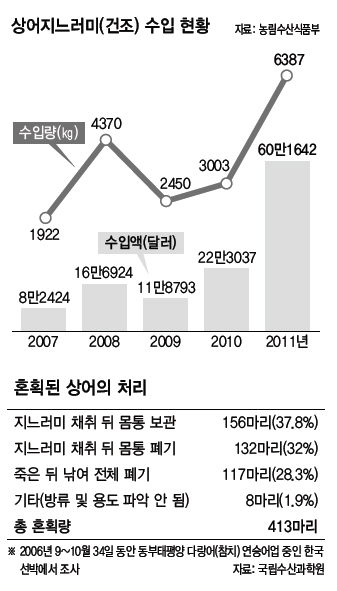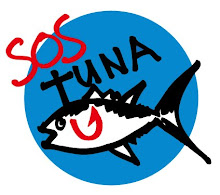In 2009, more S.Koreas have moved toward whale protection than in the past.
Now 67.9% for whale protection and 15.4% for whaling, while 23.3% favored whaling in 2005.
According to the survey, most of S.Koreans(72.8%) are in favor of the current whale protection policy and whales and dolphins should be preserved even if Japanese should chase after whales in the sea. However, some Koreans(15.4%) still insist that commercial whaling should be permitted in the Korean sea. (This survey was conducted from 17th to 18th June and reported by KFEM Ocean Committee and Greenpeace International.)
The 61st IWC was opened in Portugal in June, but Koreans were afraid that S.Korean representatives(
Ulsan) were in favor of commercial whaling after Japanese. Though Korean NGOs including KFEM proposed that representatives should include people from protection side, MAF(
Ministry for Food, Agriculture, Forestry and Fisheries) declined and made whaling minority report to the world society.
In fact, most of the Koreans(63.5%) agree that whales and other endangered species(i.e. bluepin tuna) should be preserved because they need our guardianship. Do you still think we need whaling for food like Japanese?
For the better future, 61% of the population are willing to participate Whale Watching or Ecotour instead of tasting whale meat. Whale watching has been new trend for the last 20 years since IWC banned commercial whaling. And this goes on to the future.
Though majority of IWC members are against commercial whaling, this does not automatically lead to "the declaration against whaling" by contracting parties. More choice fot participation in favor whale protection, more chance to the End of Whaling, commercial or scientific.


KFEM members are campaigning in front of the Japanese Embassy(Seoul, S.Korea), protesting whaling by Japanese government and its colleague, Korean government. (June 23. 2009) / Photos by 환경연합 바다위원회 KFEM Ocean Committee
You may see more SOS(Save Our Sea) projects from Greenpeace and KFEM Ocean Committee(Korean). And you may also download the full document of whale survey-2009 at KFEM or CIES web in Korean.









